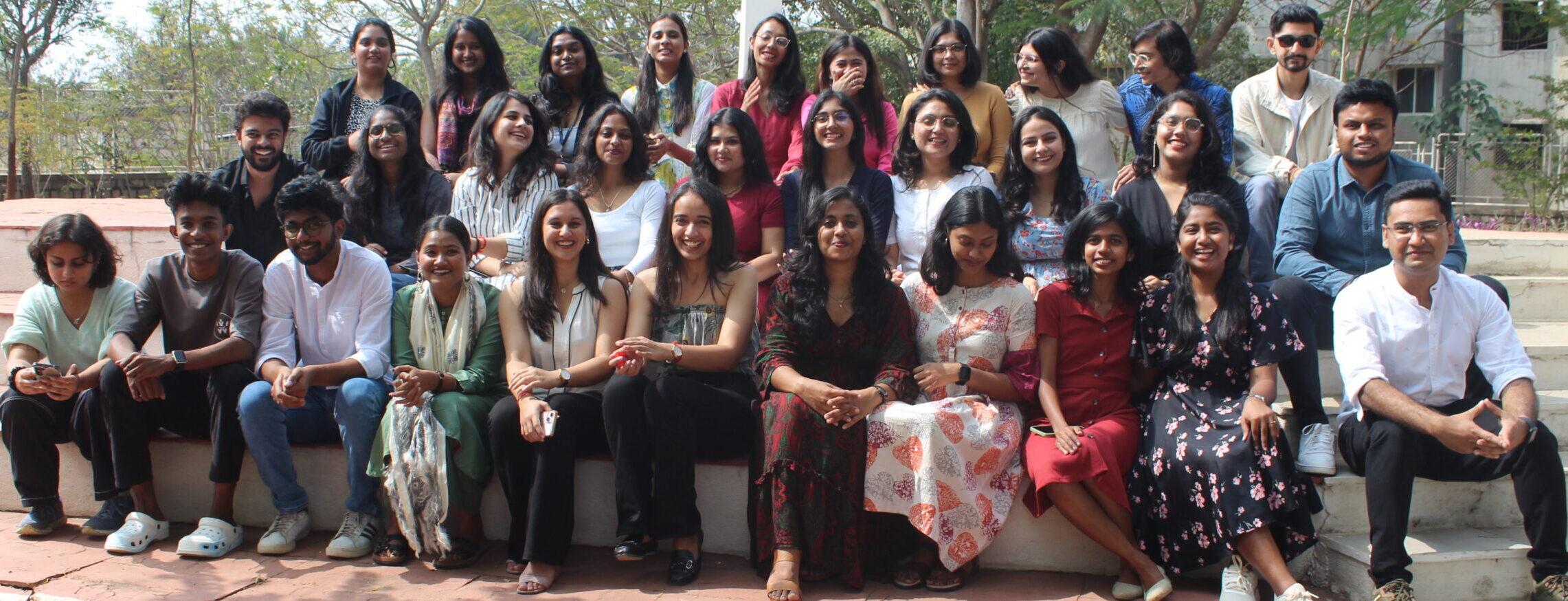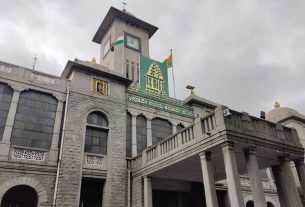IIJNM-FactShala Zonal Hub for Media Literacy
Newsletter for March 2024
Dear readers,
As we reach the end of collaboration with FactShala, our students have mastered the essential media literacy skills, just in time for the upcoming 2024 assembly elections. They are now ready to use their knowledge while covering the forthcoming elections.
Outreach by students
During this outreach effort, our students distributed tip sheets in Kannada, on how to become information literate. These tip sheets were distributed in Gollahalli village, located in Kumbalgodu, Bangalore. This activity reflects the significance of reaching out to our immediate communities, marking their first steps in fostering media literacy within our surroundings. The students distributed tip sheets at various local institutions, including the panchayat office, primary health centers (PHCs), post office, and government schools.
By starting to reach out to people at the local level, students established a solid foundation of media literacy within our immediate surroundings. This groundwork ensures that people closest to us are made aware of the necessary skills to critically evaluate information before it spreads to a larger audience.
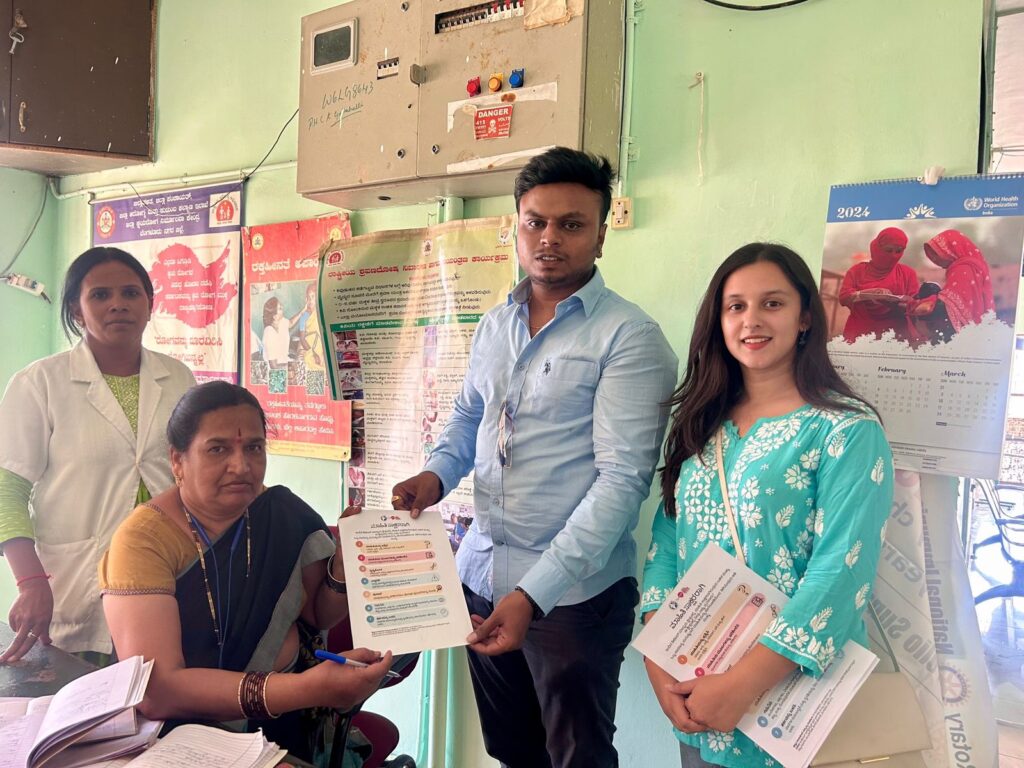
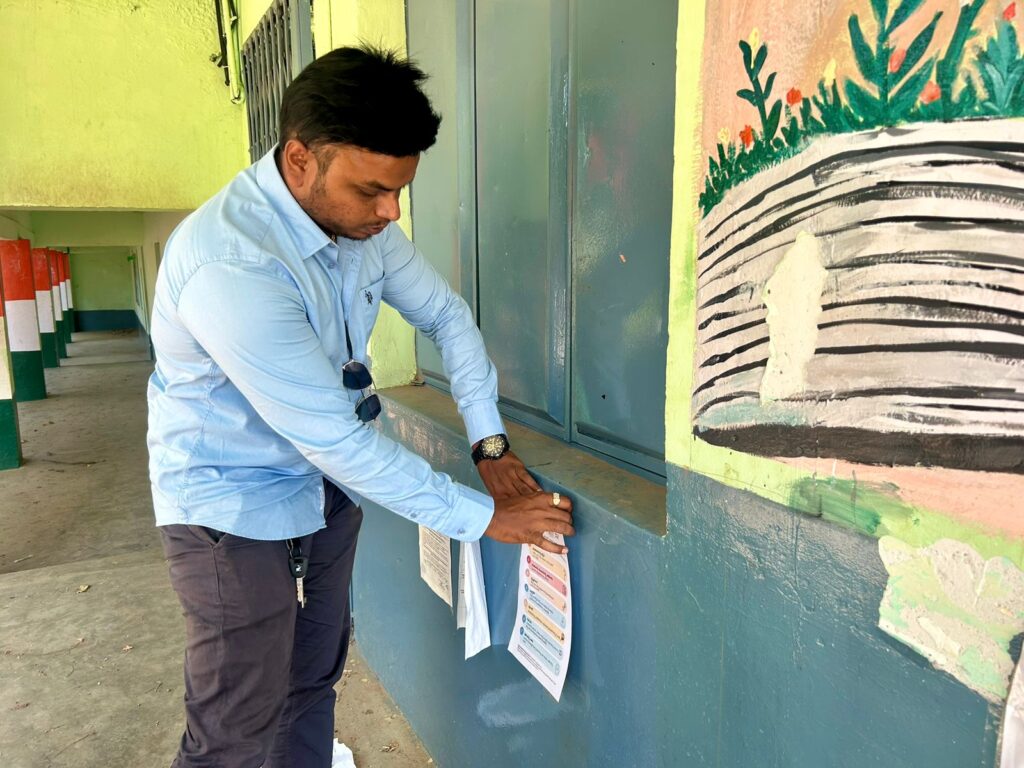
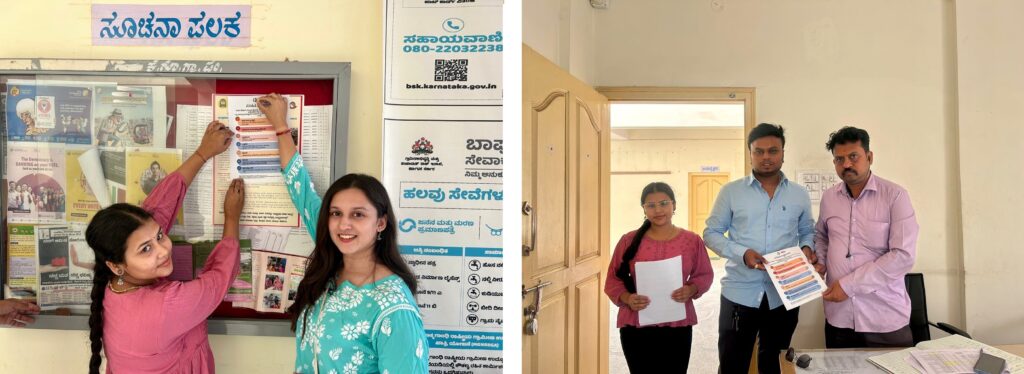
The project commenced with students attending sessions focusing on media ownership, independent media outlets in India, and understanding the fundamental significance and impact of media consumption in today’s digital landscape. Our students embarked on a journey of investigating a range of social media posts, using their critical thinking skills to check the authenticity, particularly examining claims related to health, climate, and beyond.
Utilizing their research findings, students crafted creative posters highlighting the intricate link between media ownership, online content, and audience consumption. They delved deeper into the details of media functions, revenue models, and the impact of media ownership on content consumption.
In our commitment to nurturing a responsible digital community, we established a WhatsApp Zonal Hub Group, facilitating collaboration among students from various institutions and IIJNM students. Furthermore, our students actively engaged in Factshala’s Satyagraha campaign, a collective initiative against misinformation and its adverse repercussions.
The students also showcased their creativity through the production of informative explainer videos, shedding light on the challenges and credibility of various mediums. Additionally, they developed tip sheets serving as instructional guides for individuals striving to navigate information on the internet.
By sharing their valuable tools and critical thinking abilities, our students have extended their media literacy knowledge to a broader audience within the academic community by helping students of other colleges with fact checking skills as part of media literacy. Through lectures and workshops addressing misinformation and media literacy, students of other colleges have been fortified with the necessary skills to scrutinize information, identify reliable sources, and combat misinformation actively.
At the media literacy festival organized by IIJNM, ideas surrounding the authenticity, reliability, and veracity of information were exchanged. Moreover, students showcased their talents in cultural programs, integrating media literacy themes through singing, recitations, and stand-up comedy performances.
Our students have shared their learning experience on the importance of media literacy.
We look forward to continuing to create a more informed, responsible body of students.

